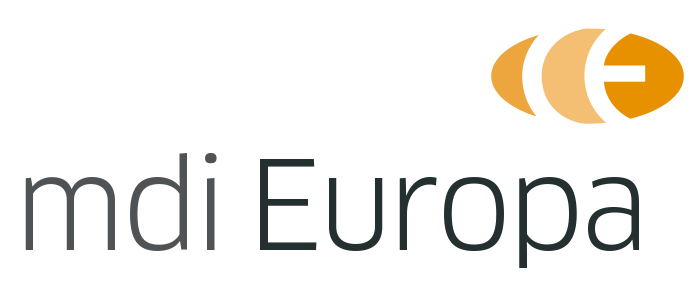The European Commission’s Medical Device Coordination Group (MDCG) has recently published a position paper on the transition to Regulations (EU) 2017/745 and 2017/746 on medical devices and in vitro diagnostic medical devices (MDR and IVDR), which includes 19 proposals intended to tackle notified body capacity problems and concerns over the future shortage of some medical devices and IVD medical devices.
Although the proposals are widely appreciated, in view of the enormity of the structural problems holding the MDR and IVDR back, experts believe that the proposals are inadequate and will not stop disruption to the market. Speed is of the essence and resolutions which can only be implemented much later will lead to loss of income because many MDD certificates are already beginning to expire.
For example, MedTech Europe says that there are several solutions that involve notified bodies doing things differently without any real guidance.
Similarly, TEAM-NB says that the proposals are mostly smaller solutions when it comes to making things easier for notified bodies and that these will probably not ensure sufficient notified body capacity soon enough. TEAM-NB is also dissatisfied that the MDCG did not consider the association’s proposal to generally permit devices with a valid certificate allotted under the former directives to remain on the EU market for an extra year after the expiry of the certificate. This would support competent authorities conferring derogations from applicable conformity assessments procedures. It could also be applicable to devices for which manufacturers can establish that they have taken all realistic steps to achieve transition to the Regulations as set out in the notice to manufacturers to ensure timely compliance with the MDR requirements MDCG 2022-11.
Source: Medtech Insight (an Informa product), European Commission





